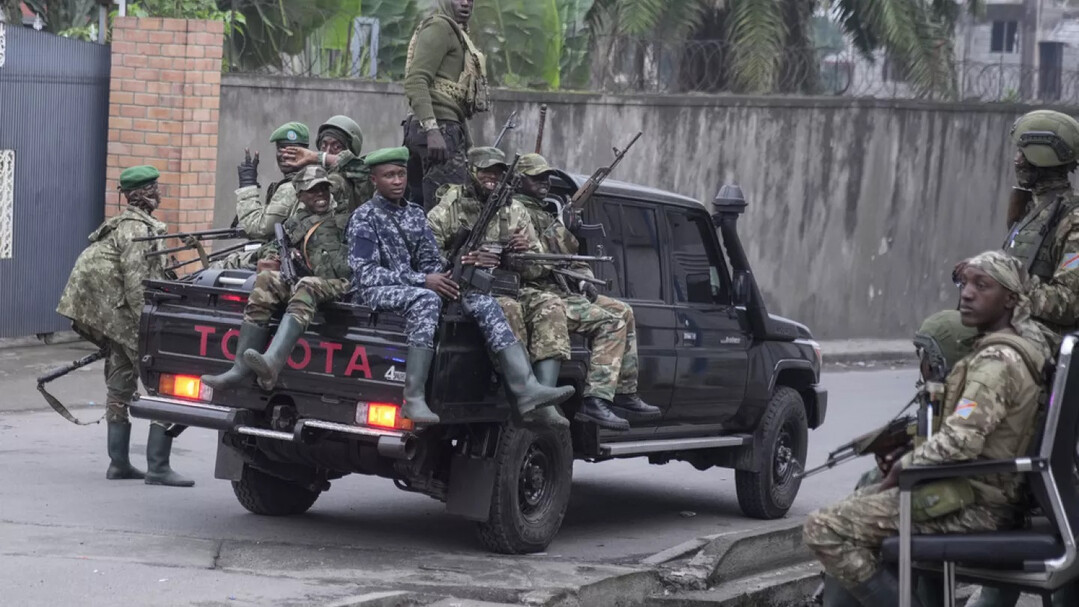
BUKAVU, DRC – The conflict in eastern Democratic Republic of Congo (DRC) has escalated dramatically as M23 rebels have seized control of Bukavu, a major city of 1.3 million people, marking a significant expansion of their territory. This latest offensive intensifies the ongoing humanitarian crisis, already the world's largest, with over 6 million people displaced.
The rebels' advance into Bukavu follows their capture of Goma, a city of 2 million, last month. Witnesses reported residents cheering for the rebels as they entered Bukavu, encountering minimal resistance from government forces. Many soldiers were seen fleeing alongside thousands of civilians, leaving the city largely undefended. The Congolese government has acknowledged the "occupation" of Bukavu and vowed to restore order, but concrete action has yet to materialize.
M23's stated aim is to "clean up" the disorder left by the previous regime. Bernard Maheshe Byamungu, an M23 leader sanctioned by the UN for human rights abuses, addressed residents, promising a new order. This rhetoric echoes previous claims of the group acting in defense of the Tutsi ethnic group, although the current leadership includes individuals from other ethnicities, potentially signaling a broader political agenda.
The M23's resurgence is attributed to support from neighboring Rwanda, which UN experts estimate provides around 4,000 troops. Rwanda claims its involvement is to protect Tutsi populations in Congo, alleging persecution by Hutu groups, including the Democratic Forces for the Liberation of Rwanda (FDLR), some of whom are reportedly integrated into the Congolese military. This complex ethnic dimension fuels the conflict, with roots in the 1994 Rwandan genocide.
The international community is increasingly concerned about the potential for regional escalation. Congo's President Felix Tshisekedi has warned of this risk, and the conflict was a key topic at the recent African Union summit. UN Secretary-General António Guterres cautioned against a wider conflagration. Despite these warnings, decisive action against the M23 and Rwanda has been limited, with most international actors calling for a ceasefire and dialogue.
The conflict in eastern Congo is driven by a struggle for control of vast mineral resources, estimated to be worth trillions of dollars. These resources are crucial for the global technology industry, further complicating the situation and attracting various armed groups, numbering over 100. The M23 is the most prominent of these groups, leveraging its external support and exploiting internal weaknesses within the Congolese state.
The humanitarian crisis continues to worsen, with millions lacking access to basic necessities like food, water, and shelter. The fighting has disrupted aid efforts and further destabilized the region, creating a breeding ground for further violence and human rights abuses. The international community faces mounting pressure to address the root causes of the conflict, including the exploitation of resources, ethnic tensions, and regional rivalries, to prevent further suffering and a wider regional war. The long-term stability of the DRC and the broader Great Lakes region hinges on a comprehensive approach that addresses these complex challenges.
[Copyright (c) Global Economic Times. All Rights Reserved.]



























